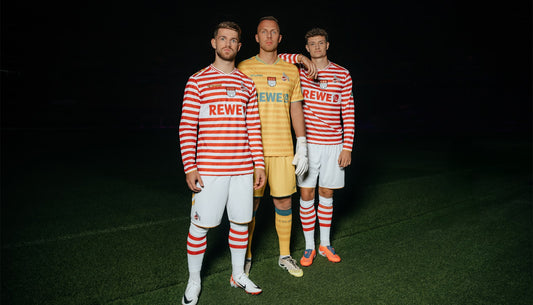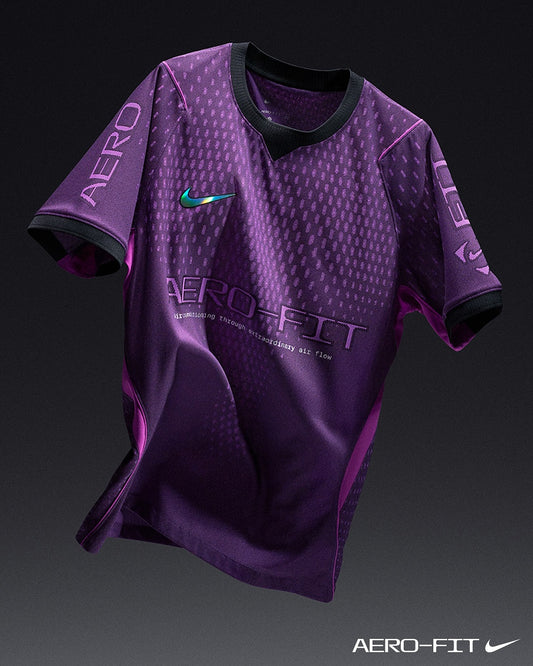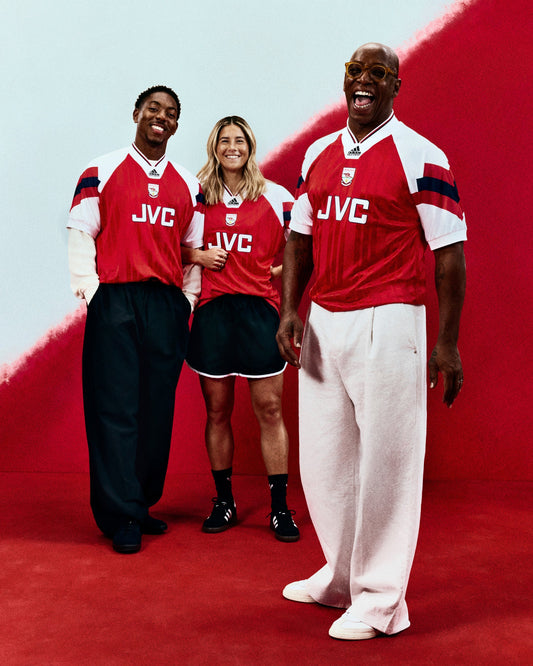
Football is meant to make us feel something deep within our souls. It's the kind of sport that can take us on an emotional rollercoaster, from the highest highs to the lowest lows in a matter of minutes. As fans, we're passionate and devoted, investing our hearts in the performance of eleven individuals on the pitch. We know the joy, the pain, the elation, and the frustration that comes with it.
But it's ironic and disheartening that the emotions of the players themselves are often disregarded and overlooked. While we, as fans, experience intense feelings from the sidelines, it's essential to consider what it's like for those who step onto the pitch.
This perspective is particularly relevant when discussing Jadon Sancho. To deny Sancho's prowess as a professional footballer would be foolish. His time in the Bundesliga showcased him as one of the world's most lethal and impactful forwards, with stats rivaled only by the likes of Messi and Mbappé. His partnership with Erling Haaland struck fear into the hearts of opponents.
However, as we fast forward to 2023, we see that their paths have diverged, not just in terms of the clubs they represent. Haaland is the embodiment of a franchise player, exceeding all expectations in today's footballing arena. In contrast, Sancho has faced numerous public challenges since joining the perpetually unstable Manchester United. The most recent hurdle came when Erik ten Hag criticized Sancho's dedication during training sessions. Sancho's swift response on social media, expressing his frustration at being labeled a "scapegoat" and denying any accusations of lacking effort, offered a rare glimpse into his current state of mind.
While some may argue that Ten Hag's comments didn't warrant such a strong reaction, it's worth considering whether prior events gradually pushed him to his breaking point. Perhaps you've experienced a similar situation in your workplace, where your efforts were unappreciated by superiors, leading to a moment where you'd had enough. Sancho's response doesn't need defending, but a brief look at his journey reveals a narrative that should have been apparent to all.
The Sancho we once knew is no longer the same; he has retreated into himself. What was once a dazzling star has now become a mere cameo character in United's perpetual drama. The issue with being a "fanatic" is that it's far easier to criticize Sancho for his lackluster performances and his failure to seize opportunities. However, evaluating the broader context is considerably more challenging.
In the relentless world of football, where victories and defeats are celebrated or mourned, it's easy to overlook the personal struggles of players. Yet, it's crucial to approach the situation with nuance and ask ourselves, "Is Jadon Sancho okay?"
Recently, we've seen players like Jesse Lingard and Dele Alli sharing their off-field battles. The sensitivity shown by fans and the media following Dele's story was commendable. However, it's disheartening to witness the developing discourse around Sancho. How many other stars have we criticized, perhaps unfairly? Think of Marcus Rashford, whose campaign for school lunches faced scrutiny until he silenced critics with a stunning 22/23 season. Megan Rapinoe, too, faced criticism for advocating equal pay, showing that stars speaking their minds can draw backlash.
This week, sources have labeled Sancho as "complicated," and the latest reports suggest that he has lost the support of his teammates. It's clear that an agenda is taking shape against a player who is at a vulnerable stage. It's reminiscent of the campaign against Dele Alli, where everyone had something to say against the young star. If we cast our minds back, we may recall Sancho taking a break from the first team last season to find solace within himself.
Now, if he expresses a desire to rediscover the joy of playing football with a smile, perhaps his happiness has been taken away. It may be difficult for the overly emotional brain of a football fan to empathize with this, but we must strive to avoid rushing to judgment. Regardless of whether you support Manchester United or wish for their demise, shouldn't our favorite's human side be taken into consequence?




